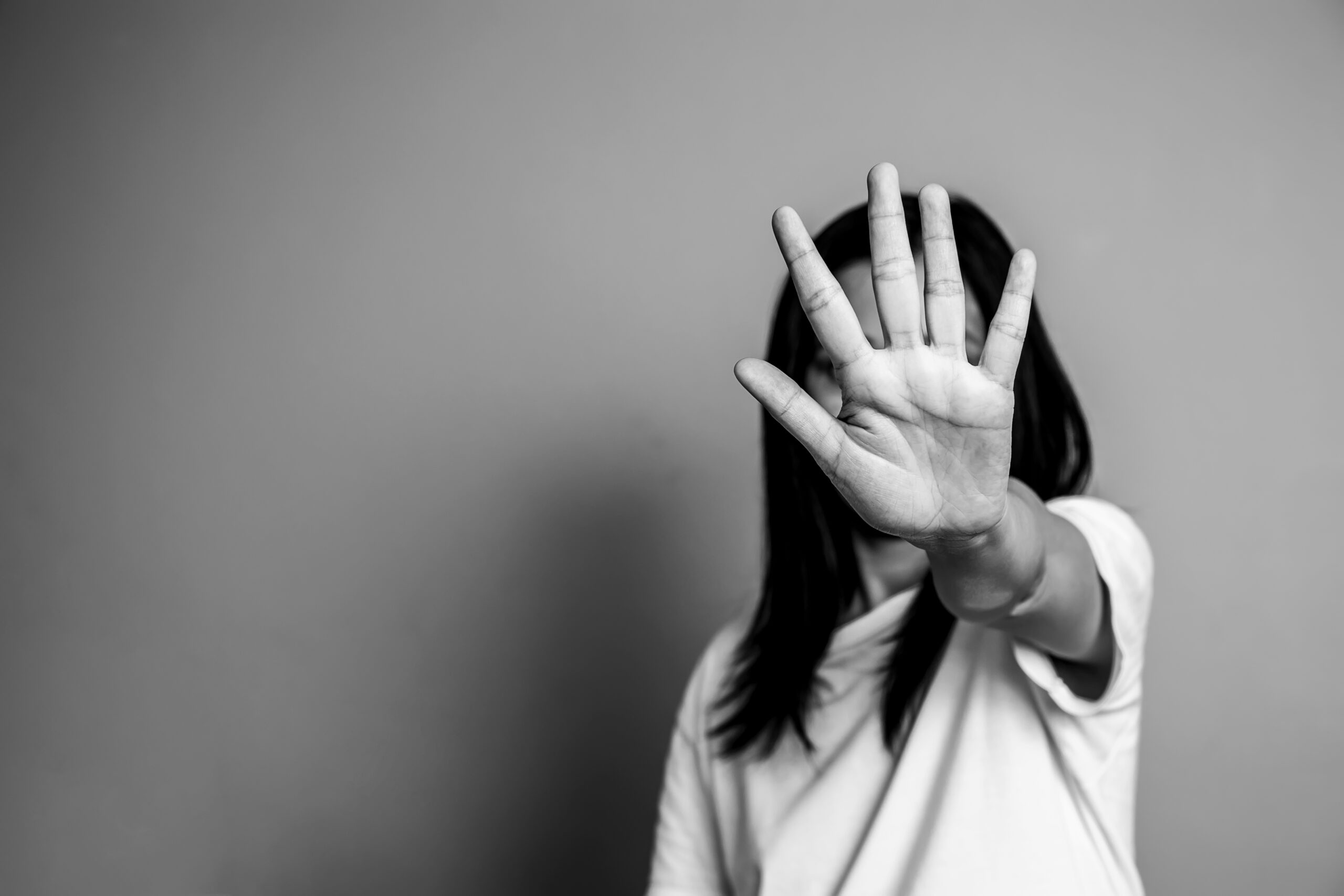Abortion rights, women of color, and LGBTQI+ people are under attack. Pledge to join us in fighting for gender justice.

The COVID-19 pandemic resulted in great disruptions to people’s regular routines and created general uncertainty about the future, worsening anxiety and depression. Compared to 2019, anxiety and depression symptoms nearly tripled in adults after the pandemic. The pandemic had a disproportionately negative impact on women of color, disabled women, and LGBT (lesbian, gay, bisexual, and transgender) adults, particularly those with intersecting identities. Prior to the pandemic these groups were disadvantaged by discrimination based on racism, ableism, sexism, and anti-LGBTQI+ bias leaving them with fewer resources, making it harder for them to weather the economic impacts of the pandemic. In the pandemic, these populations faced greater economic insecurity such as job loss, inability to pay for food or rent, or not having child care, which can all worsen anxiety and depression symptoms. Entering the third year of the pandemic, women of color, disabled women, and LGBT adults still struggle to pay for things they need and still experience heightened anxiety and depression symptoms. At the same time, many who said they needed mental health services had difficulty accessing them. This report focuses on women of color, disabled women, LGBT adults, and disabled LGBT adults because they have experienced some of the highest rates of depression and anxiety during the pandemic.
Read for full report HERE.

